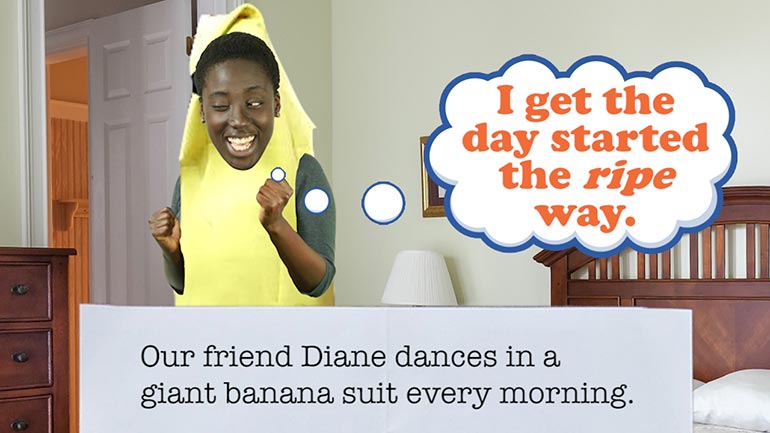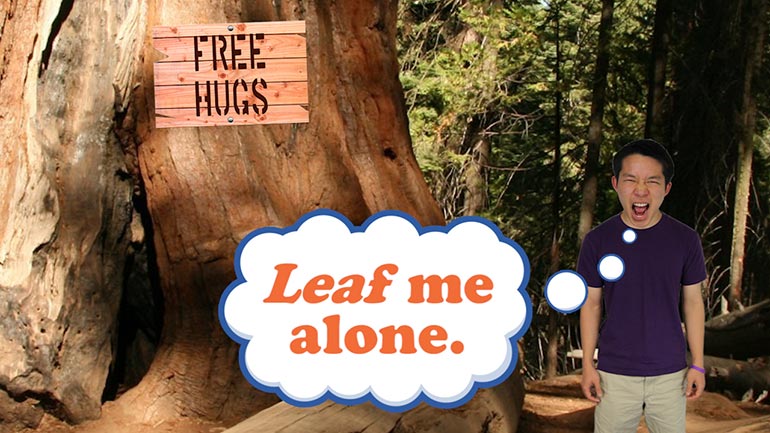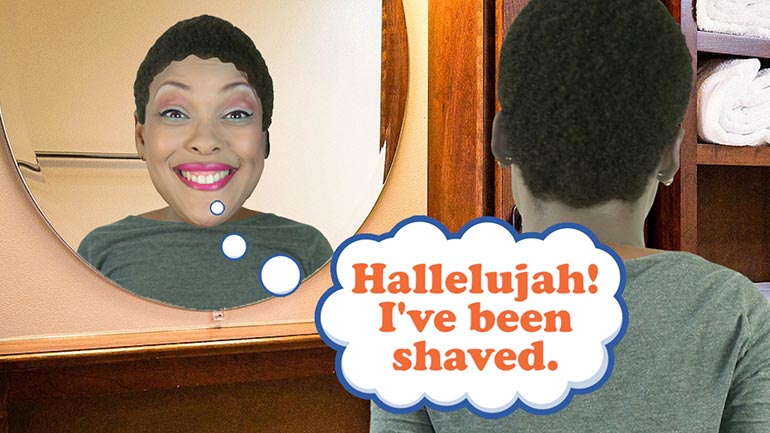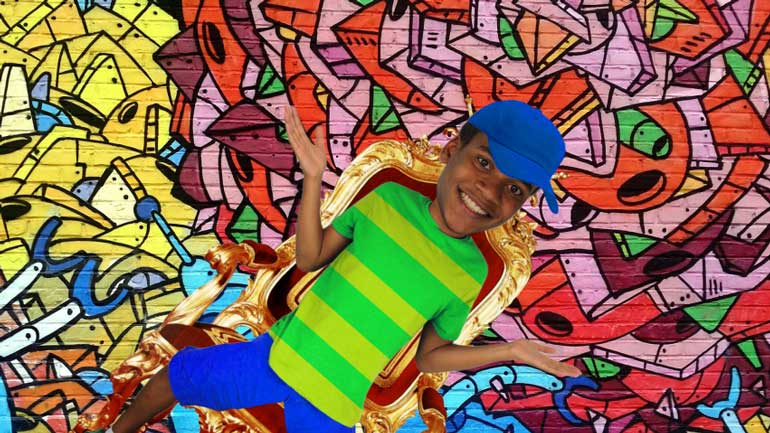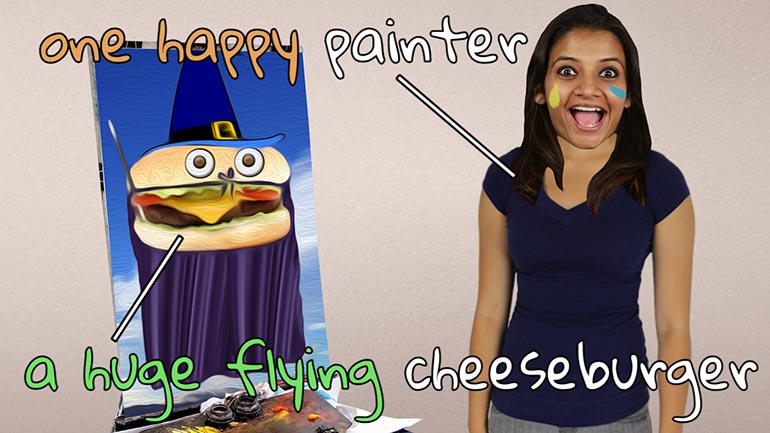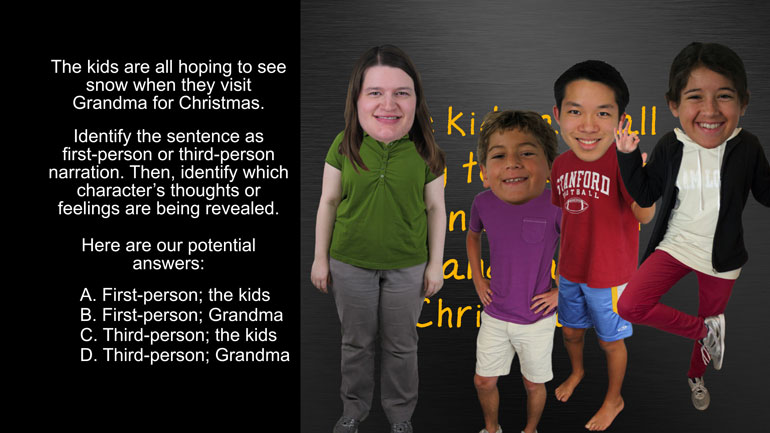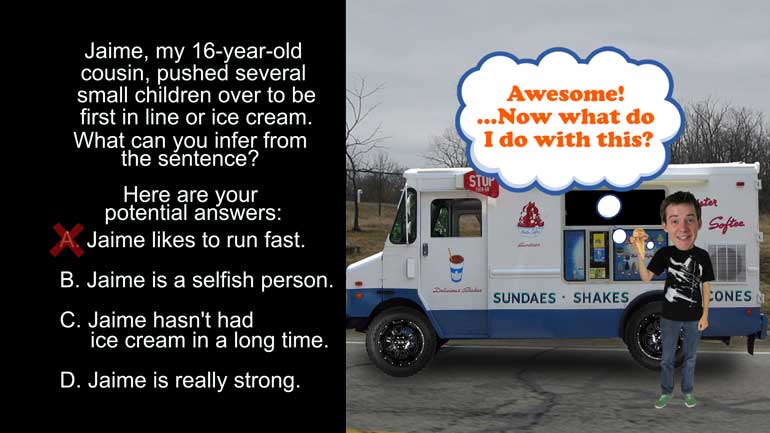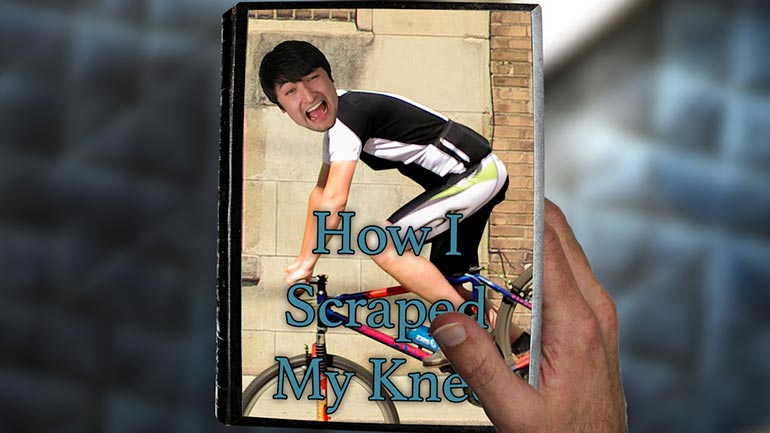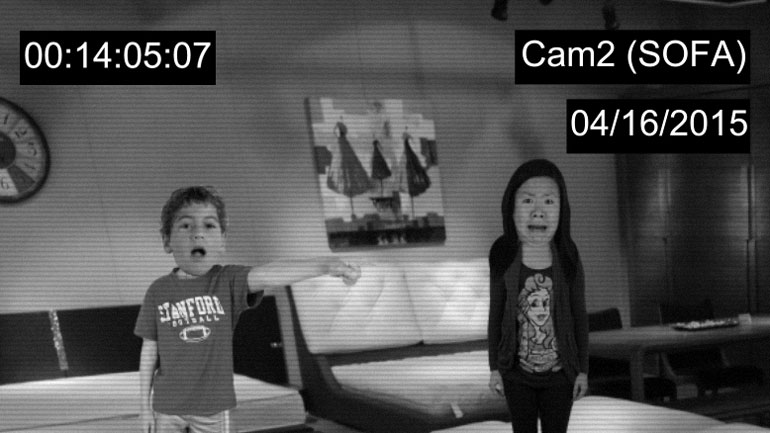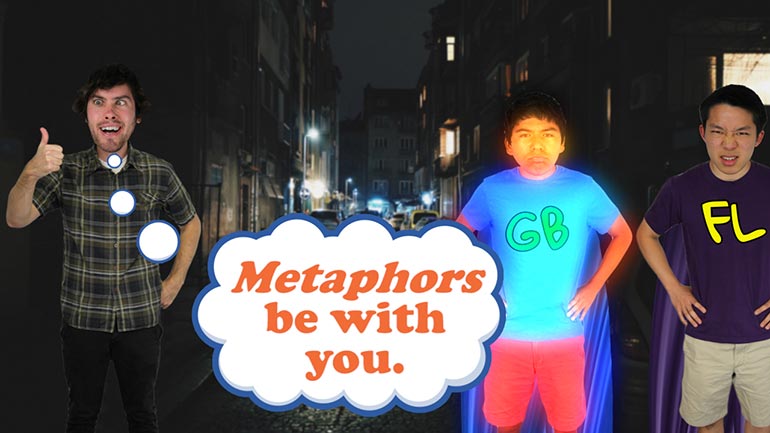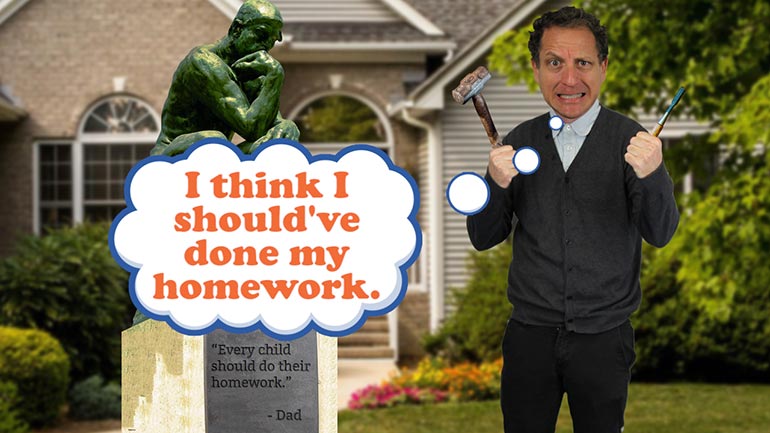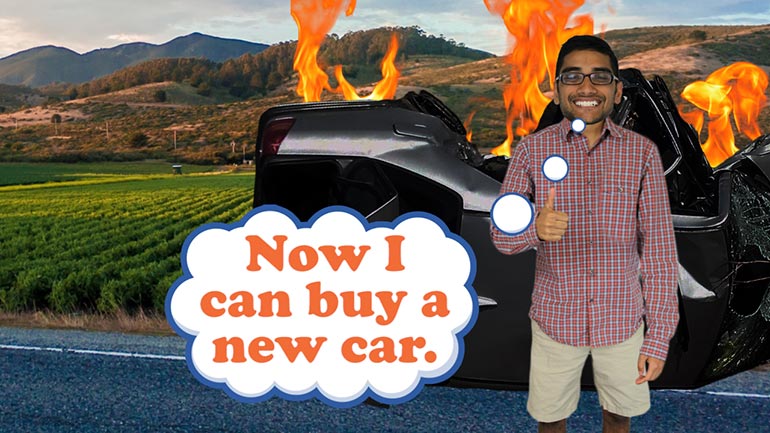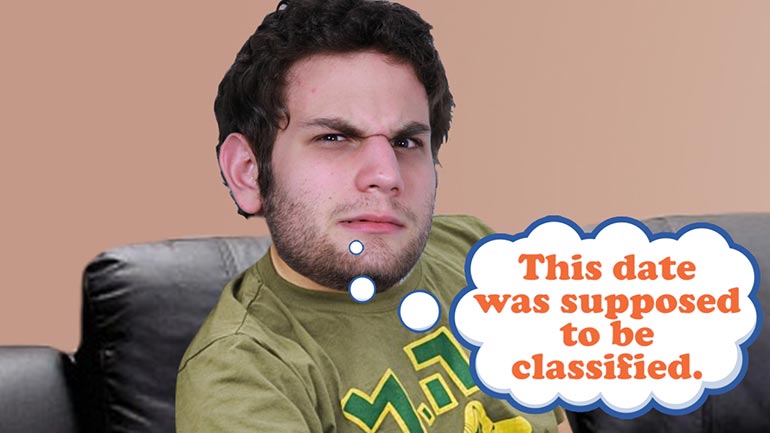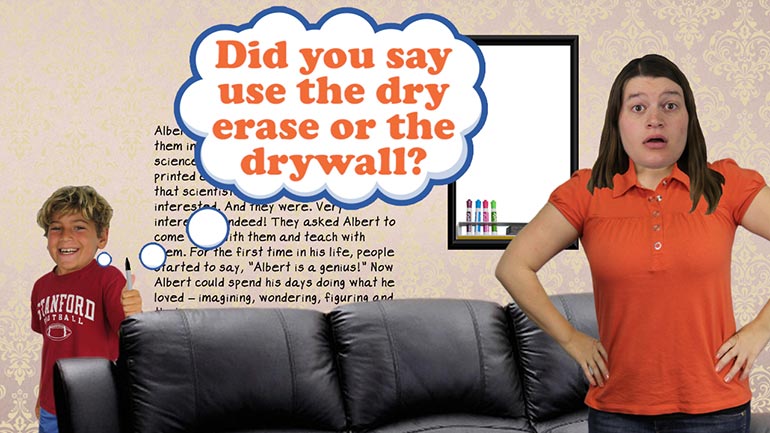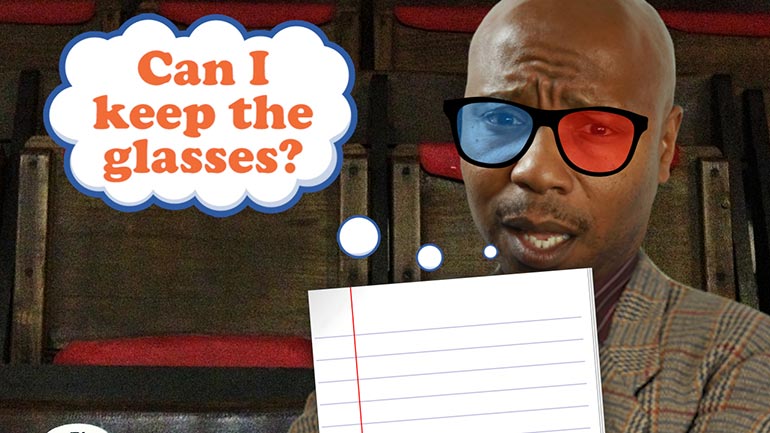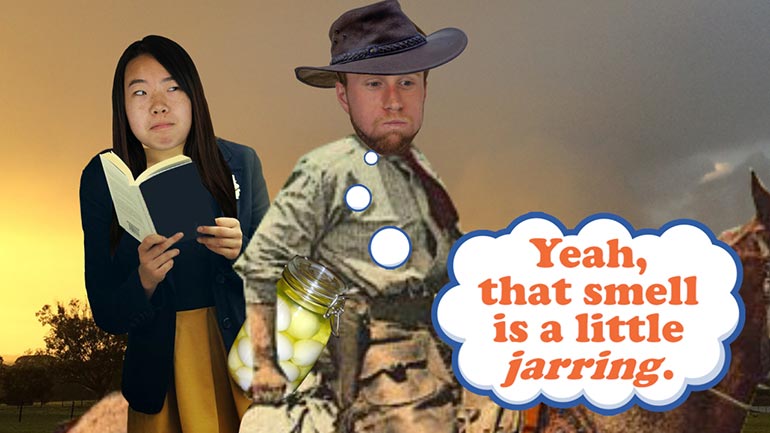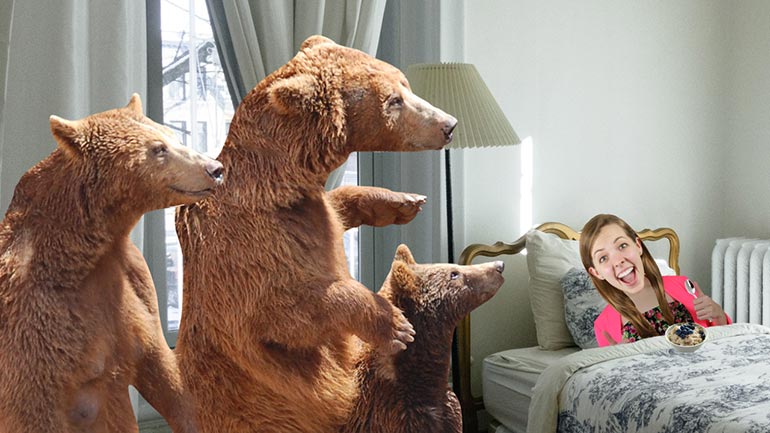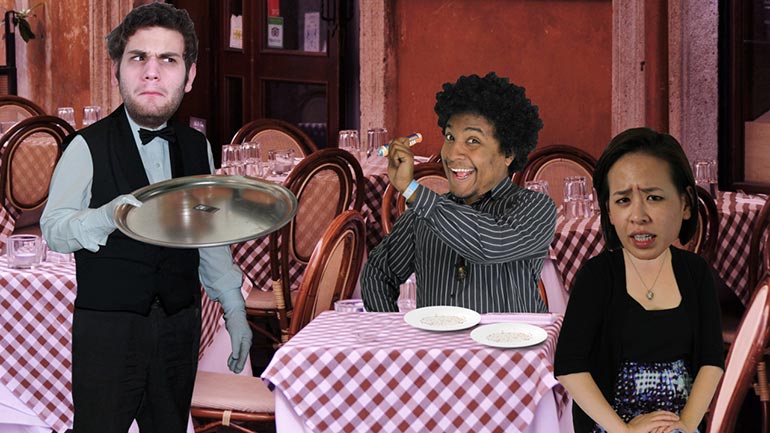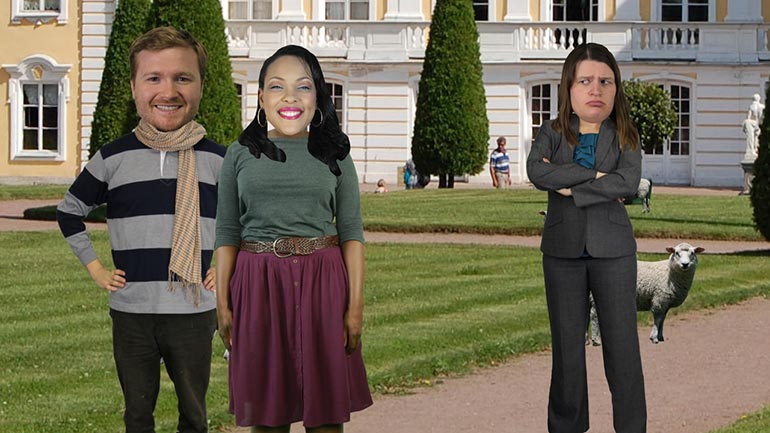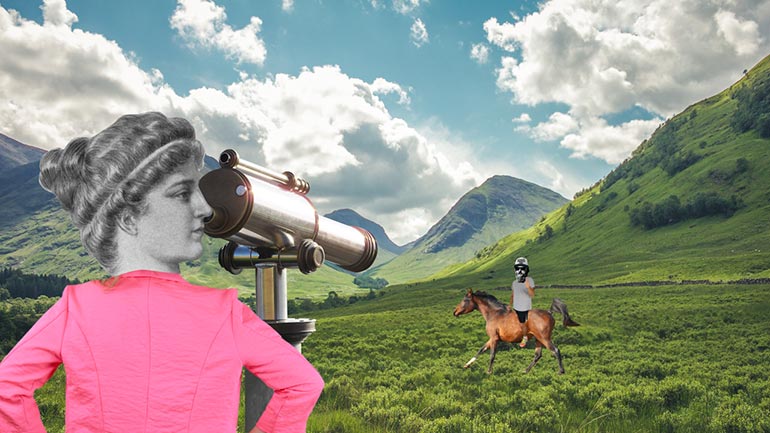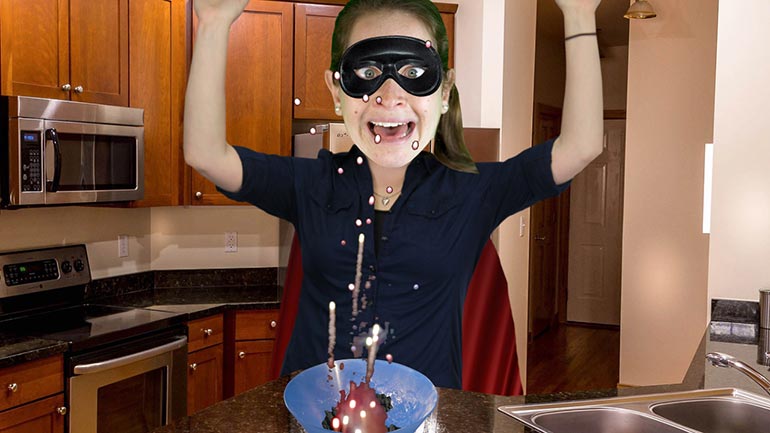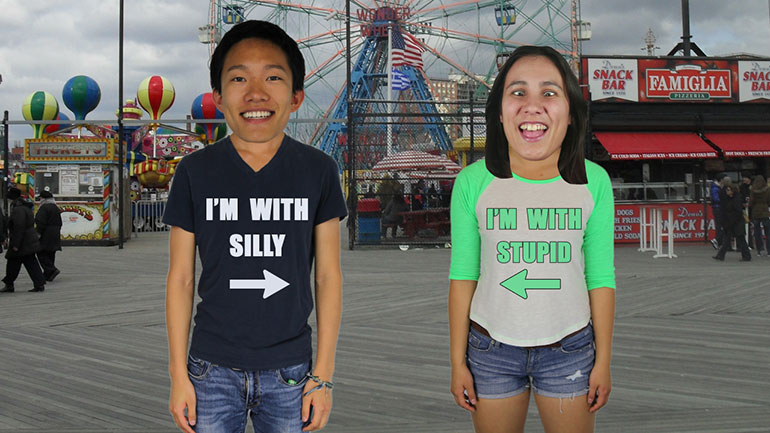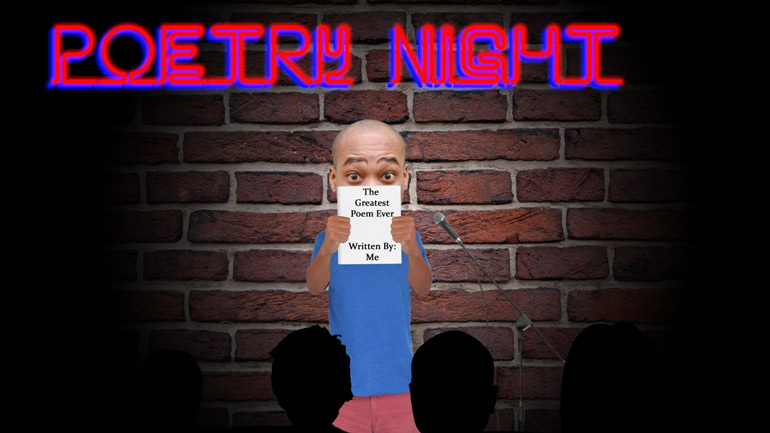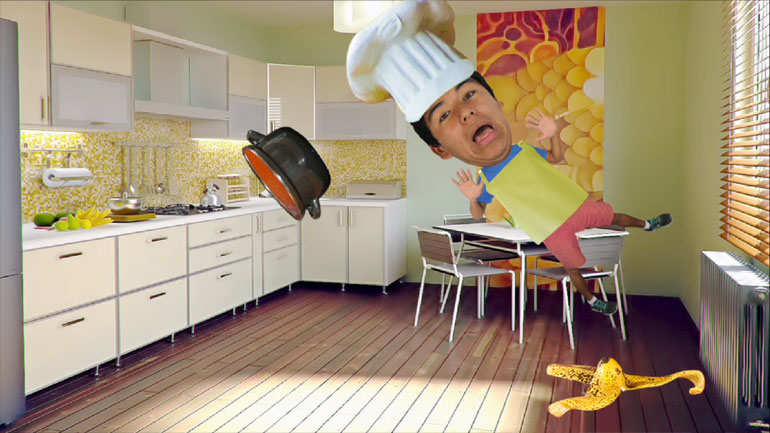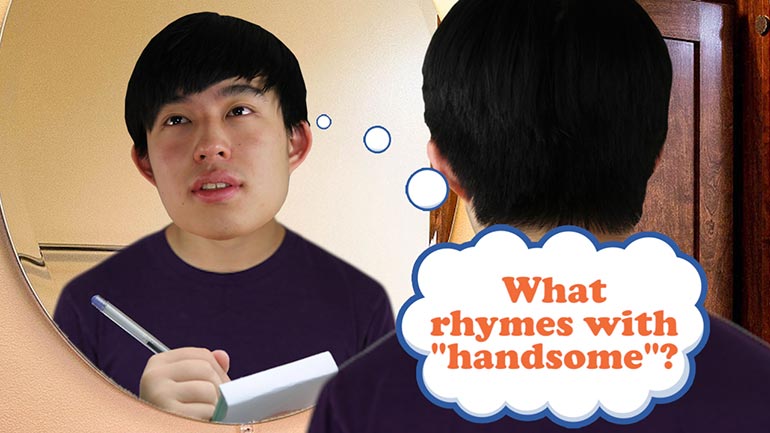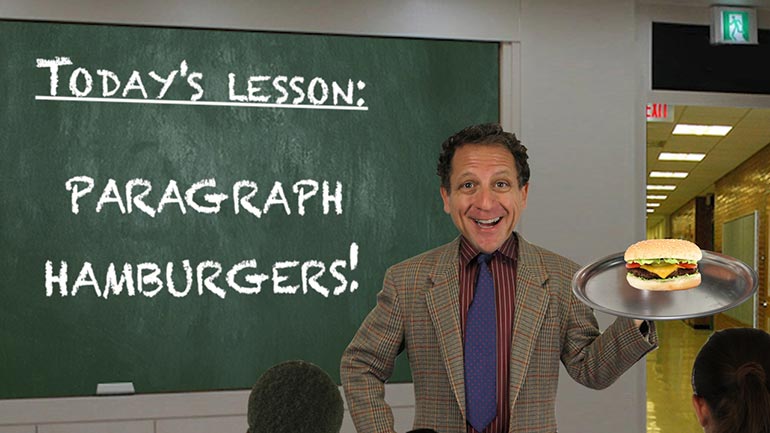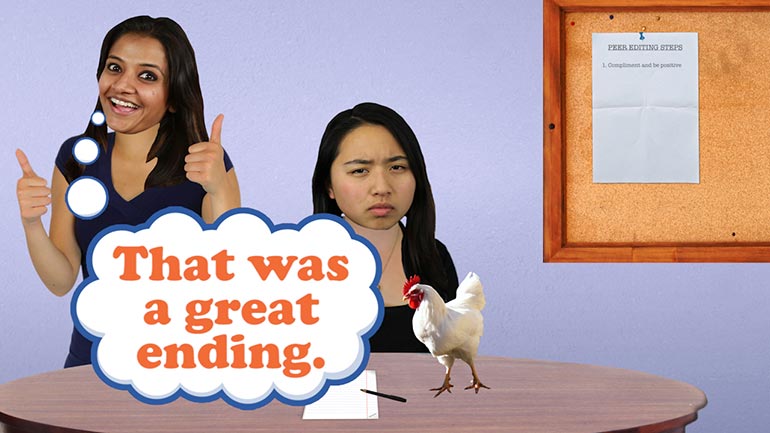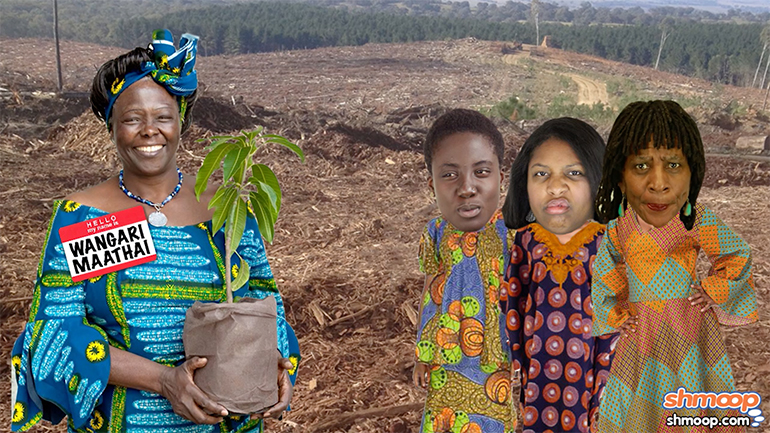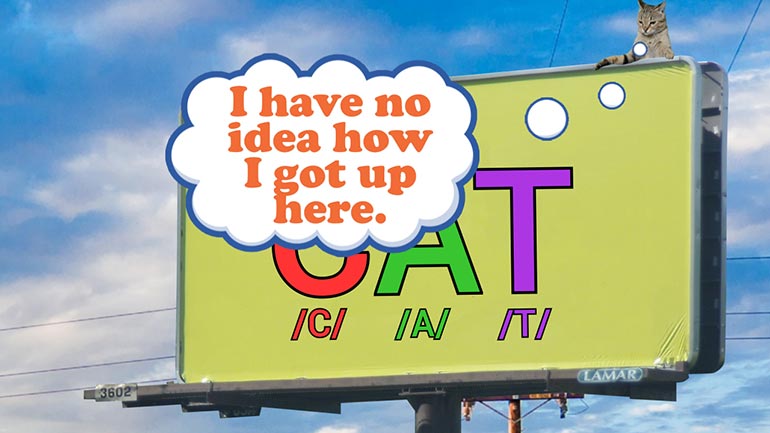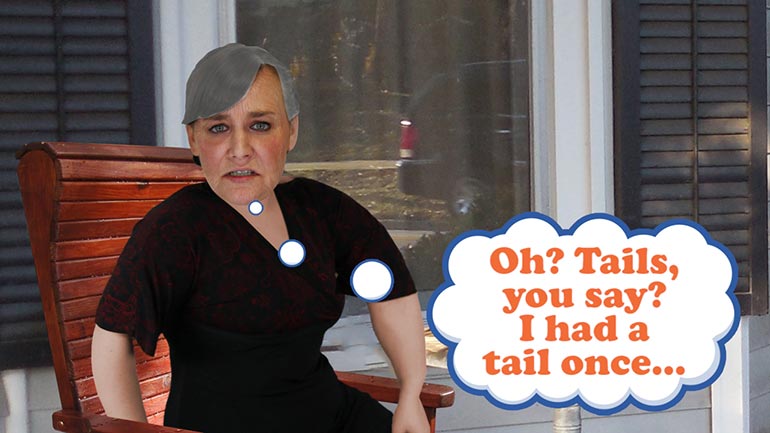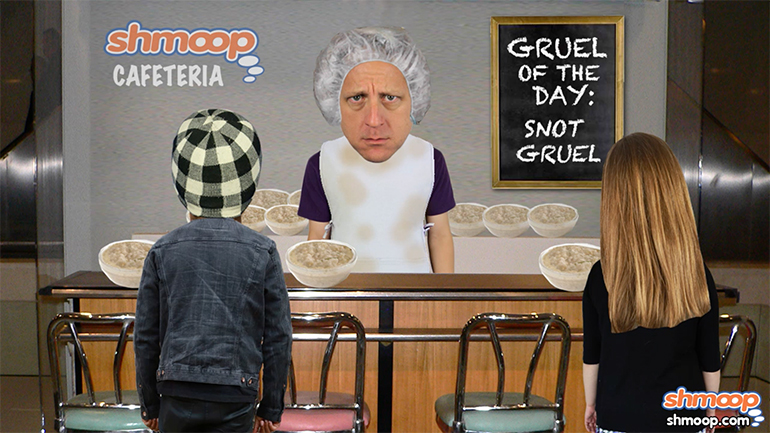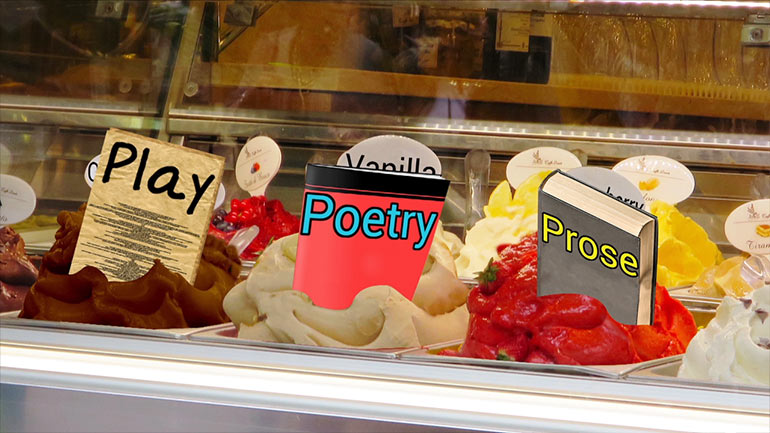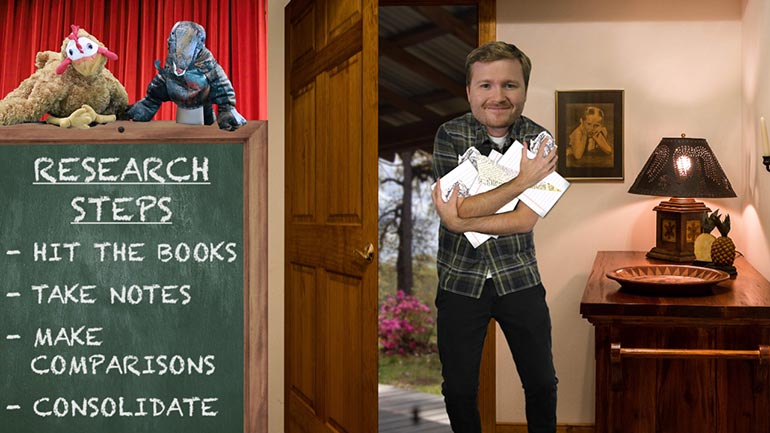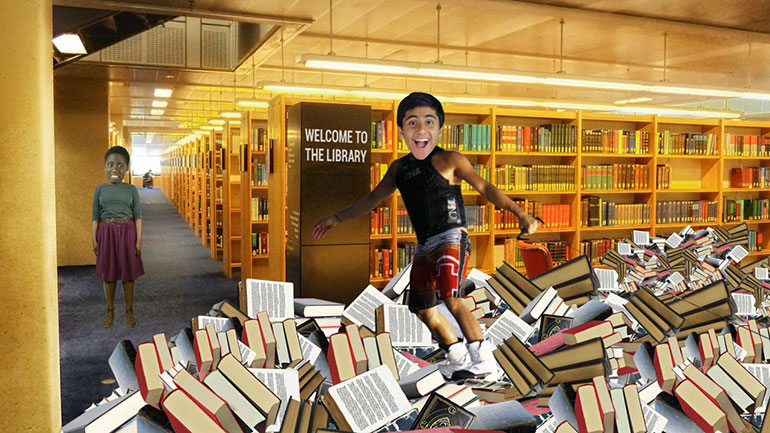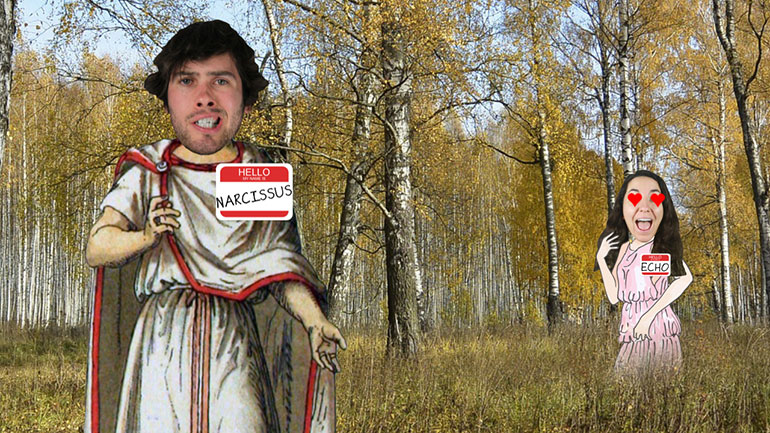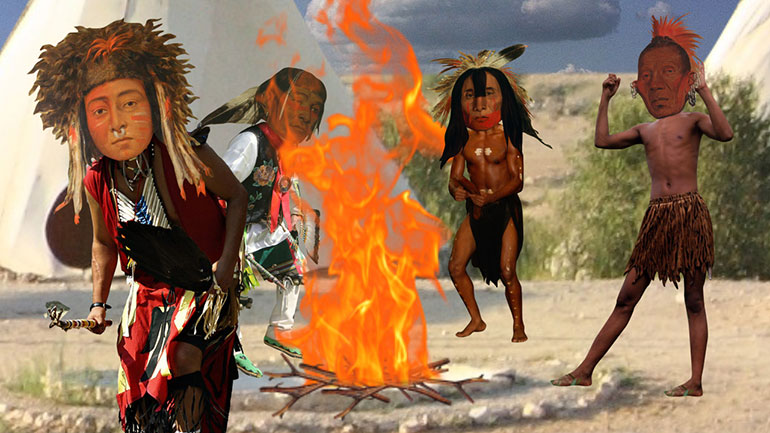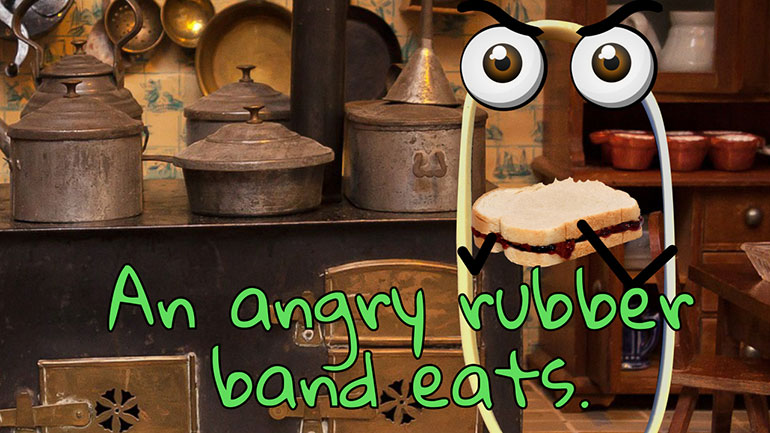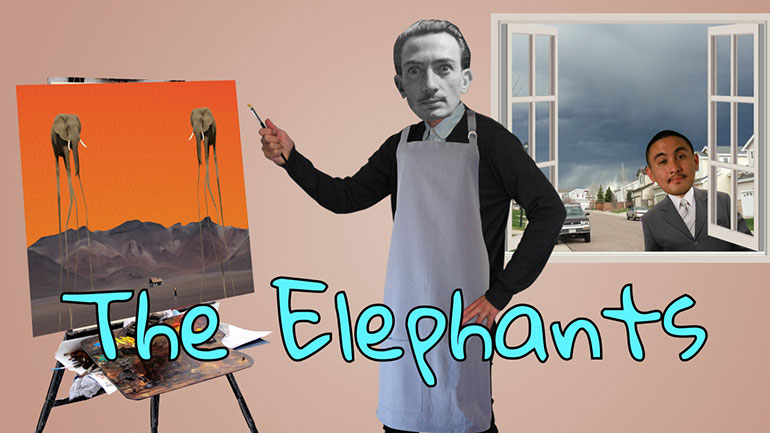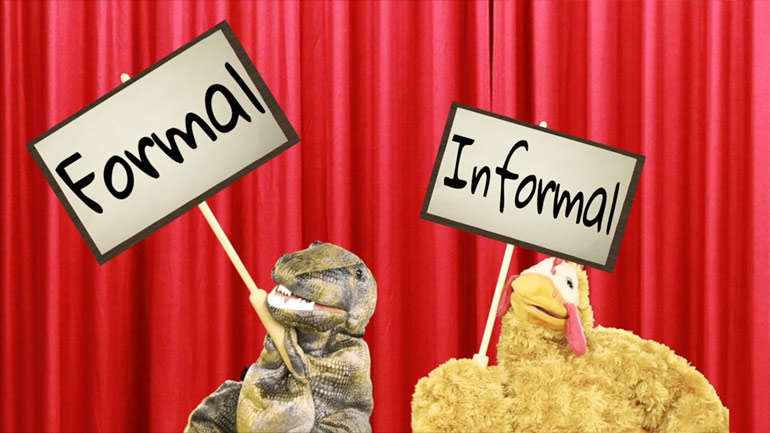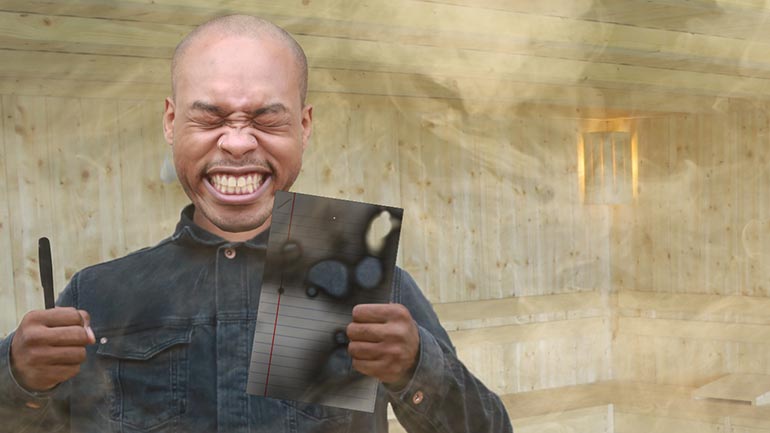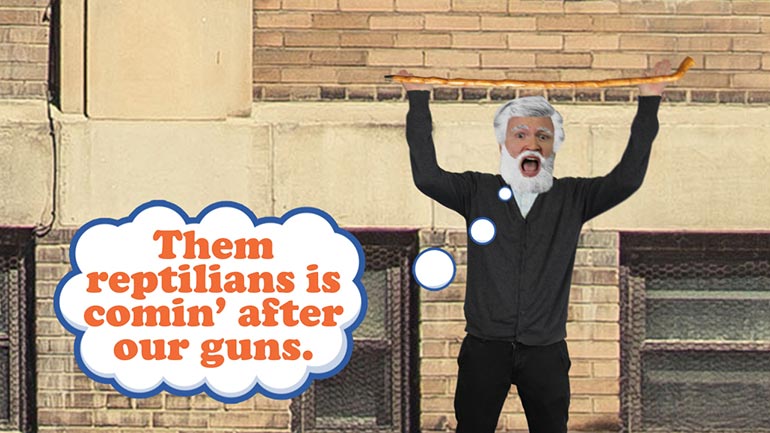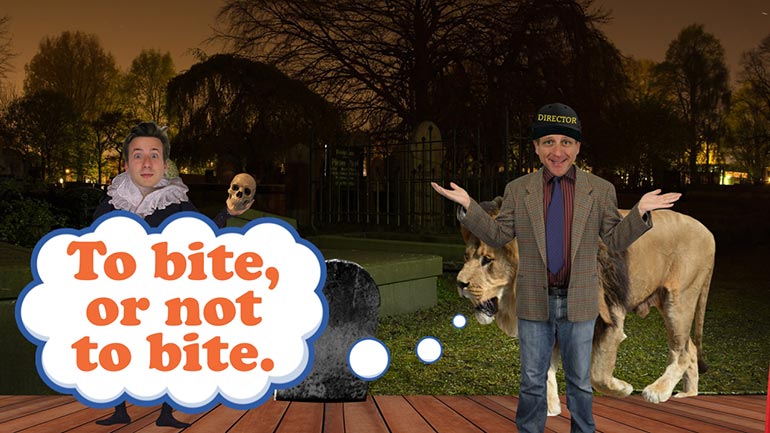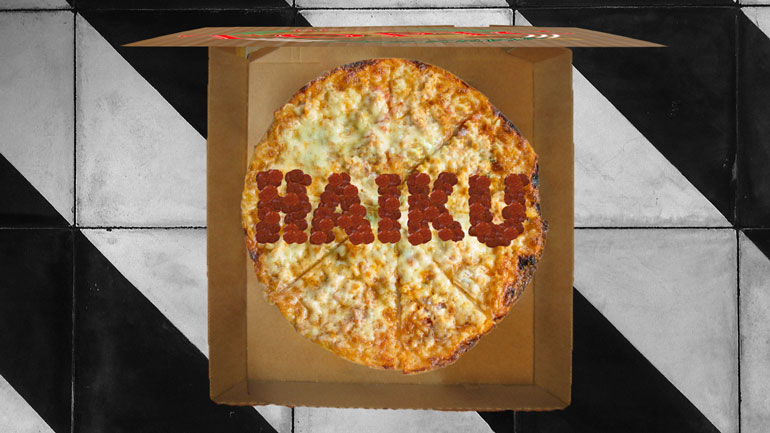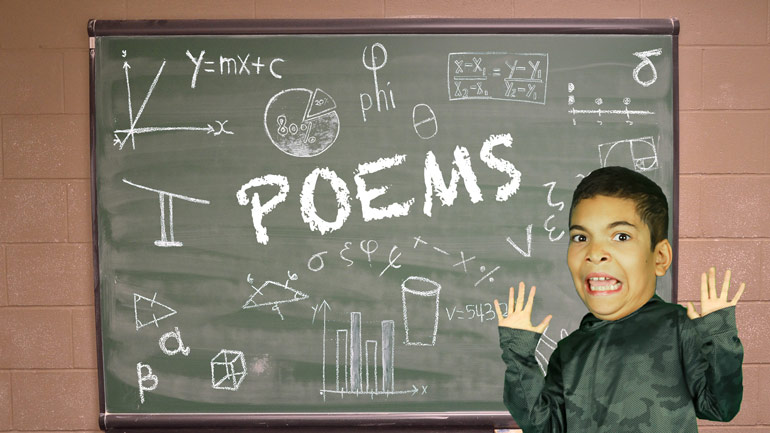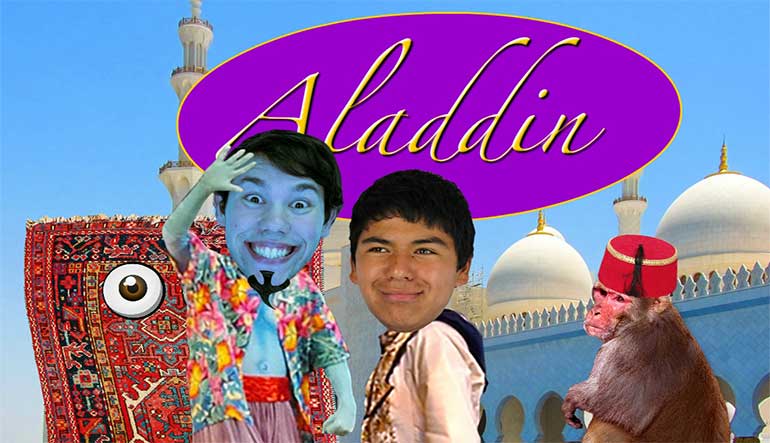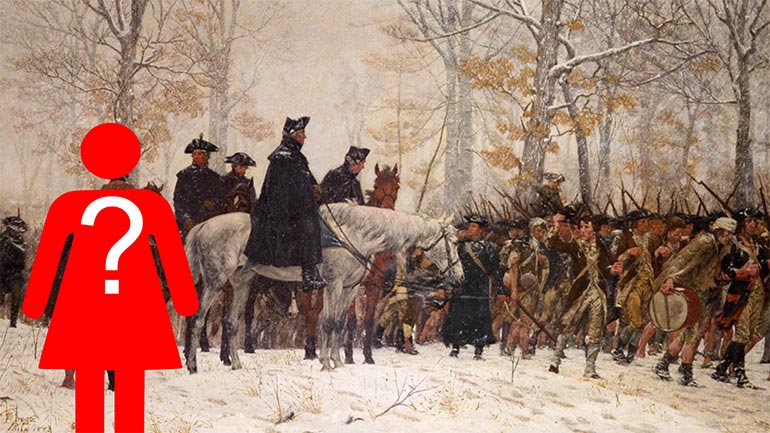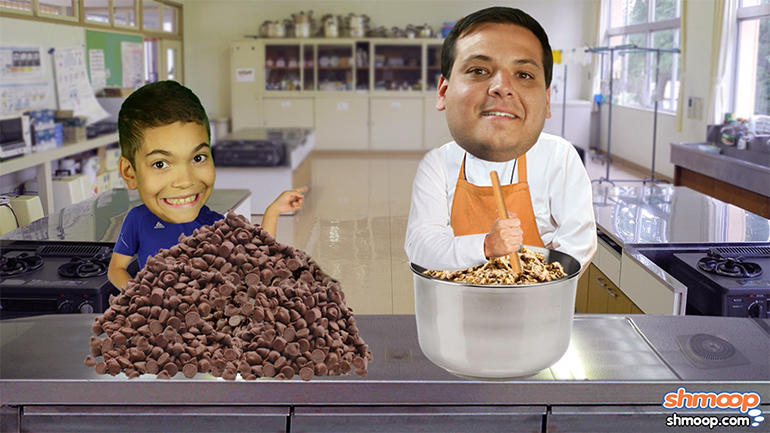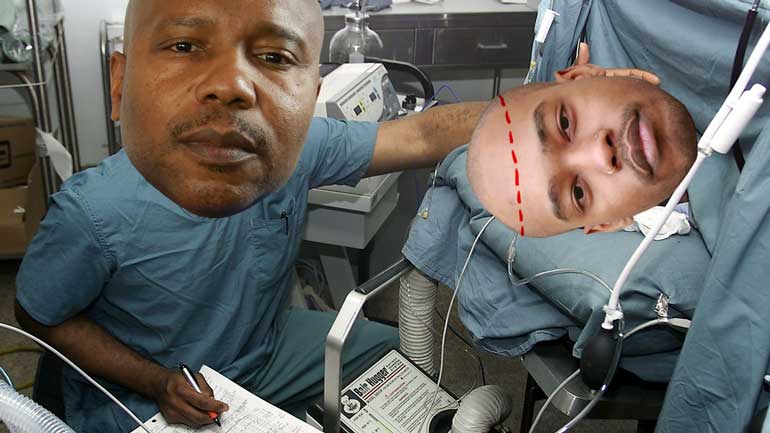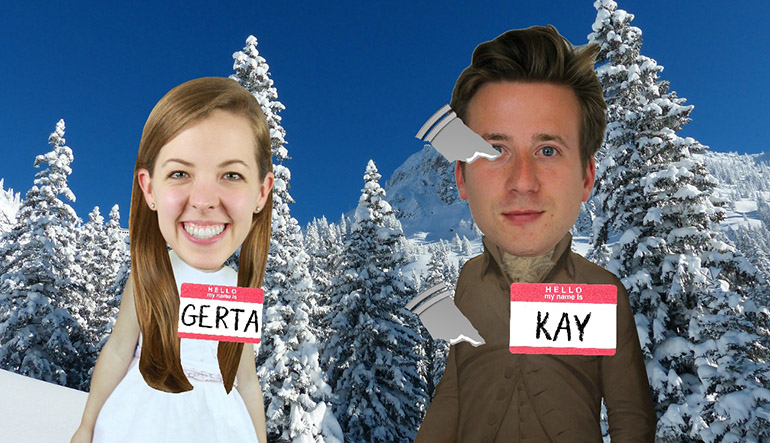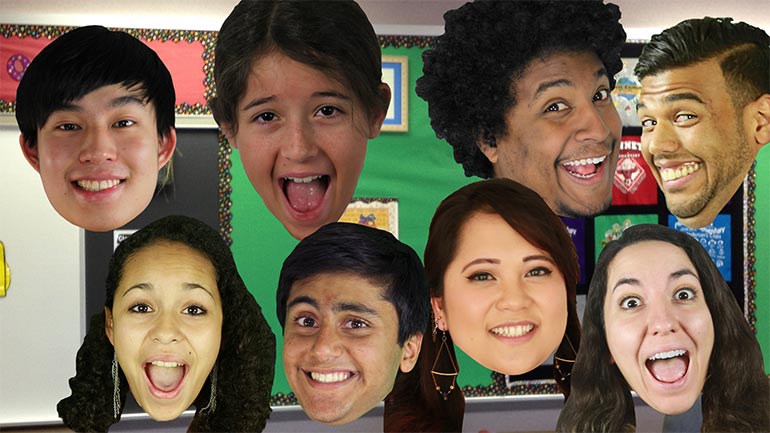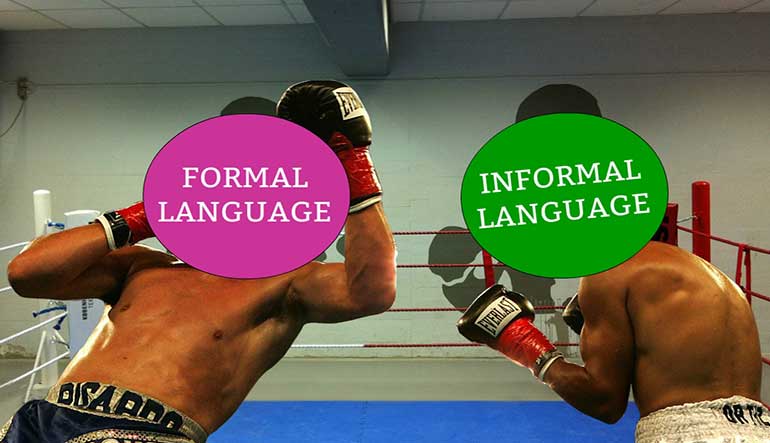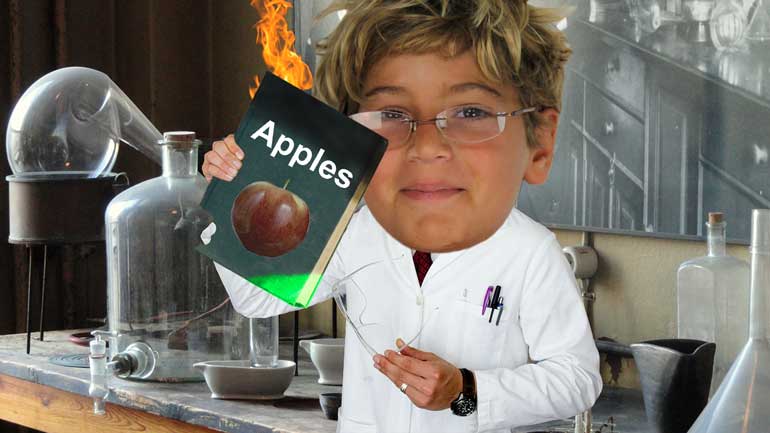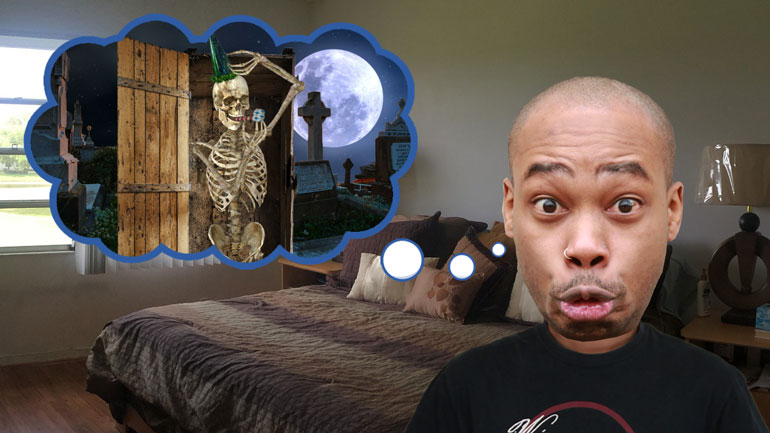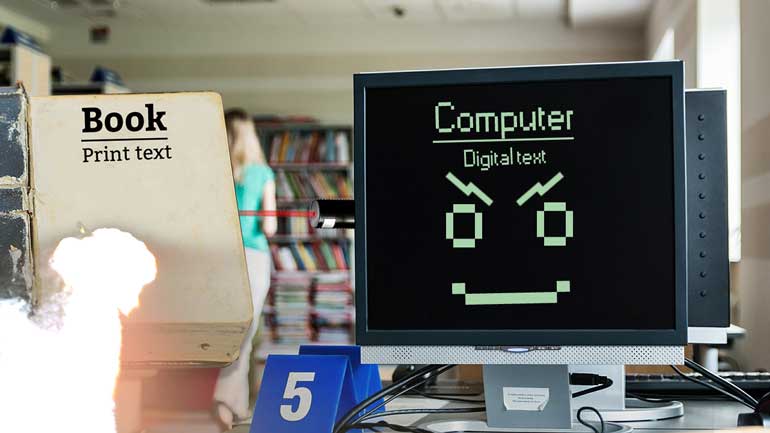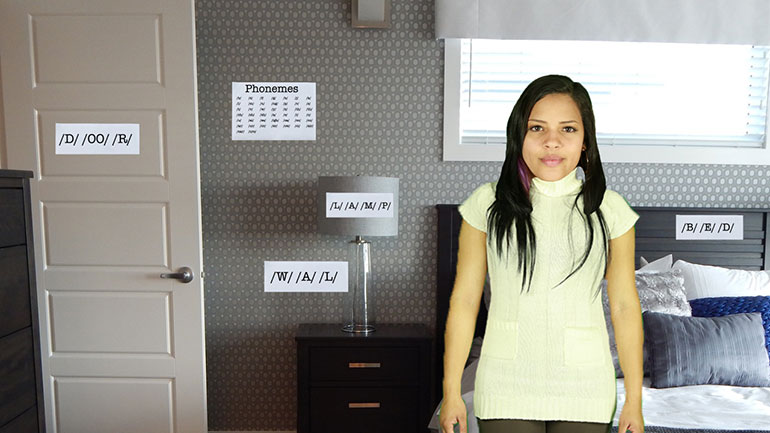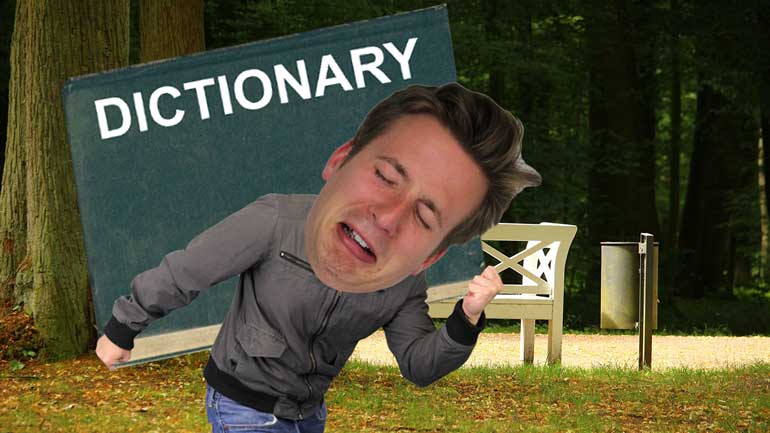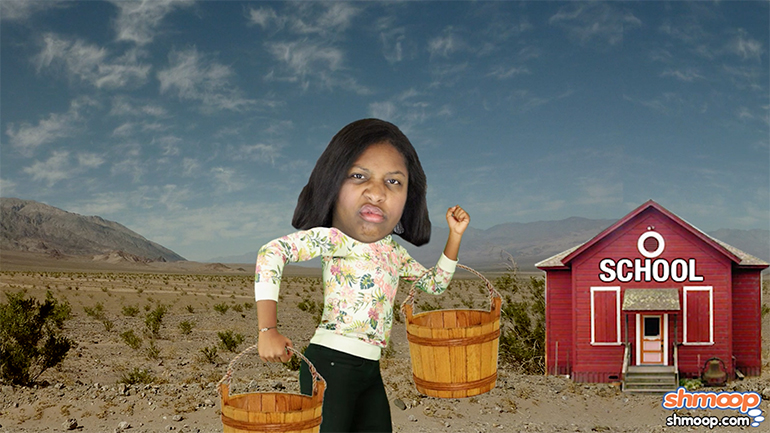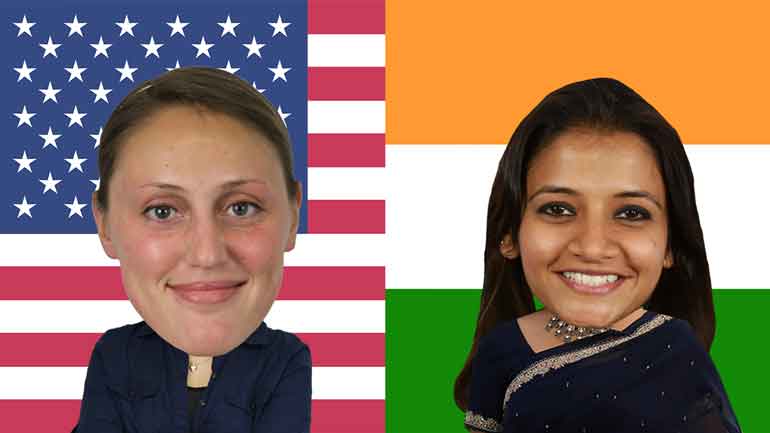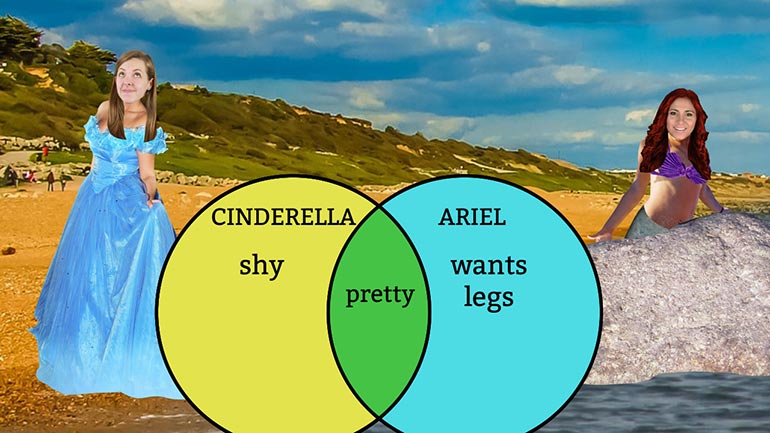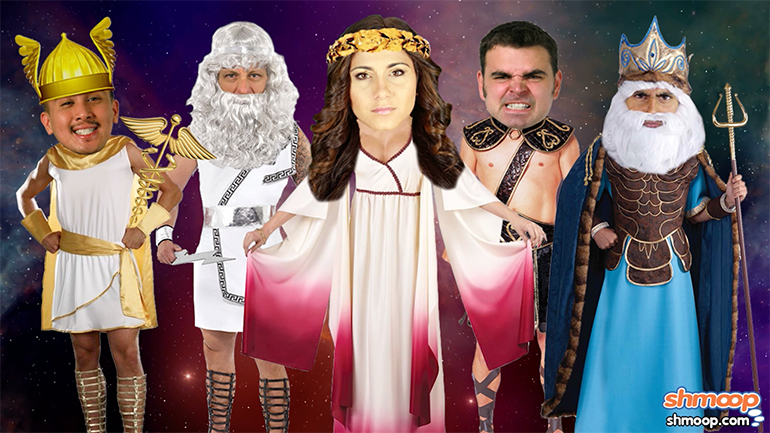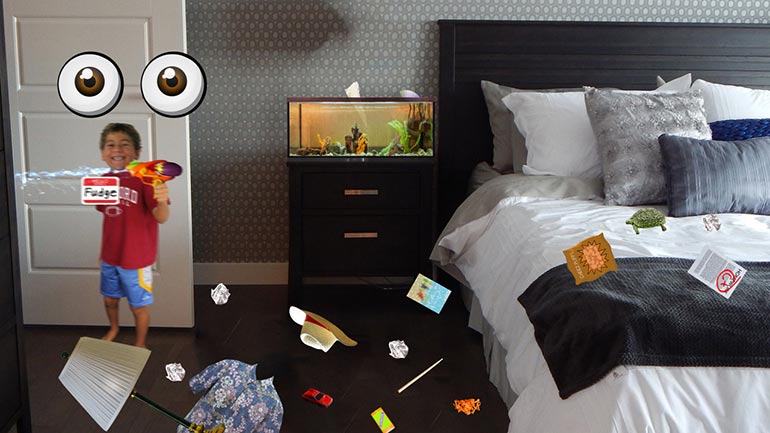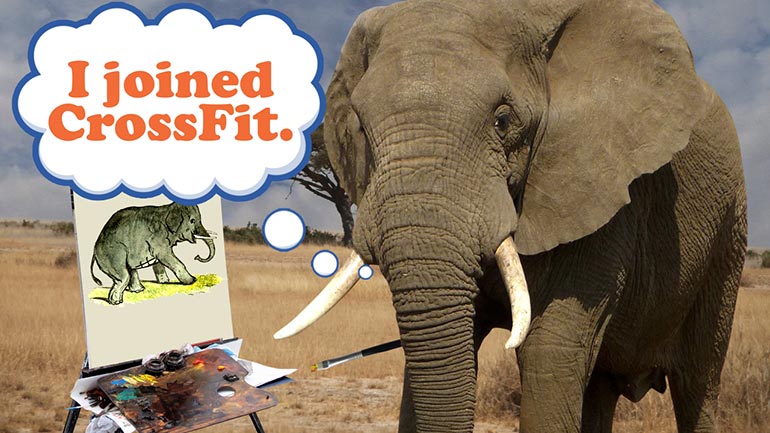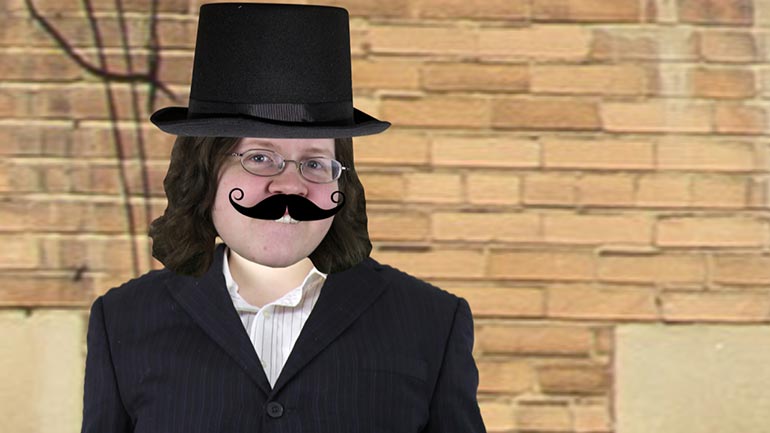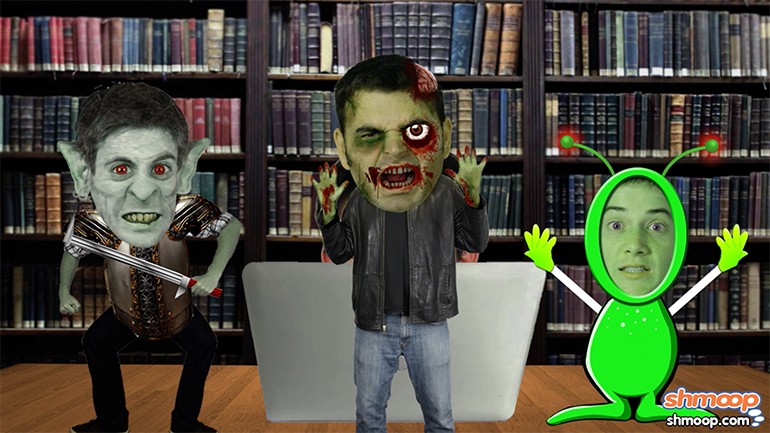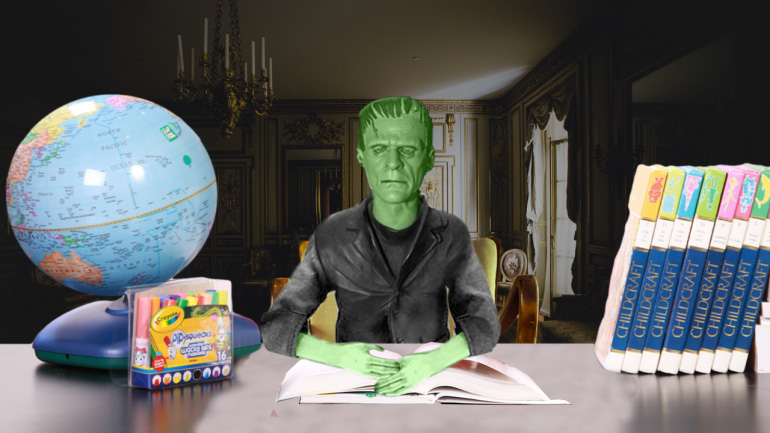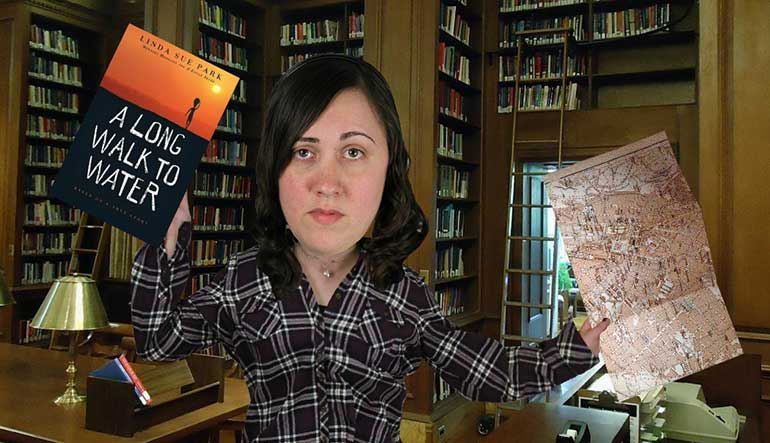ShmoopTube
Where Monty Python meets your 10th grade teacher.
Search Thousands of Shmoop Videos
Language Arts Videos 92 videos
In this lesson we'll subject you to some verbs and predicates. Each one is a necessary part of a complete breakfas—er...sentence.
Choosing words carefully is important. You may end up vexing the assemblage of citizens you're conversing with...or you might even just plain bore...
Today we'll learn about biographies and autobiographies. And no, the second one has nothing to do with the lives of cars.
ELA 4: The Power of Primary Sources 25 Views
Share It!
Description:
Primary sources consist of the actual thoughts or feelings that a person has recorded. If available, primary sources should be your primary source of information on that person. Huh, wonder if that's why they chose that name...
Transcript
- 00:04
[Coop and Dino singing]
- 00:13
Suppose you’re a secret agent sent to gather information on... [Girl sitting on a couch and boy appears at the window]
- 00:16
…your older sister's new boyfriend.
- 00:18
Okay, so that’s a weird assignment for the federal government to give you, but…just humor us.
- 00:22
Sure, you could speak to his classmates, teachers and friends to get an idea of what they have
Full Transcript
- 00:26
to say about him – but if you really wanted to figure out who this guy is, you'd want
- 00:30
to see for yourself. [Boy walks in sister's boyfriend's room]
- 00:31
So…you’d want to look at letters he's written, Facebook replies he's typed up,
- 00:35
text messages he's sent... and even his personal diary. Hopefully there’s nothing in there
- 00:39
that will make you want to puke.
- 00:41
These sources would show what the guy is thinking and feeling –
- 00:44
and they're what we call “Primary Sources.” [Example of primary sources]
- 00:46
Primary sources are the most powerful tool a biographer has at their disposal.
- 00:50
Because primary sources often feature the exact words of the person the biographer is [Dino explaining primary sources]
- 00:54
writing about, there's no better way to learn about who this person is and how they feel.
- 00:59
And where might one find a primary source? The library’s not a bad place to start. [Man walks inside a library]
- 01:02
Take a look at this librarian. Bored and sad.
- 01:05
Now take a look at this librarian. She is a very happy and excited librarian. [Librarian bouncing up and down waving]
- 01:09
And why is she so happy and excited?
- 01:11
Because a student just asked her for help find a primary source about Gandhi.
- 01:15
This is what librarians live for.
- 01:18
At a library, you can search databases, microfiche, Internet archives, or even old actual printed [Librarian taking girl to a primary source]
- 01:24
sources like books and periodicals.
- 01:26
Believe it or not, those things actually still exist.
- 01:29
But be prepared: primary sources can often be more challenging to read because they require
- 01:33
more interpretation on the part of the reader.
- 01:36
It also doesn't help when they were written a hundred years ago and everyone speaks like
- 01:39
they're in a Shakespearean play. [Girl peering behind library books]
- 01:41
But again, don't be afraid to ask for help. It will make your librarian's day.
- 01:45
Biographers take these primary sources and turn them into secondary sources.
- 01:49
So…it’s all roughly the same info, but from the point of view of a third party. [Coop discussing secondary sources]
- 01:53
So it’s not quite as reliable.
- 01:55
Secondary sources can be another great place to look for information, and because the biographer [Boy studies Jessica's diary]
- 01:59
has done all the difficult interpretation for us, they tend to be a whole lot easier
- 02:03
to understand.
- 02:04
So whether you're looking for a primary source or a secondary source, the library is a great
- 02:08
place to start.
- 02:09
And, of course, it's also a great place to quickly turn a bored librarian into a very excited one… [Man and woman dancing in a library]
Related Videos
Sticks and stones, right? Well...only sometimes. It's a good idea to make sure your words aren't going to hurt others. Let's look at some ways to d...
Learn to debate like a champ. It's way better than debating like a chimp. That just takes mudslinging to a whole new level.
Today we'll learn about biographies and autobiographies. And no, the second one has nothing to do with the lives of cars.
In this lesson we'll subject you to some verbs and predicates. Each one is a necessary part of a complete breakfas—er...sentence.
Choosing words carefully is important. You may end up vexing the assemblage of citizens you're conversing with...or you might even just plain bore...
